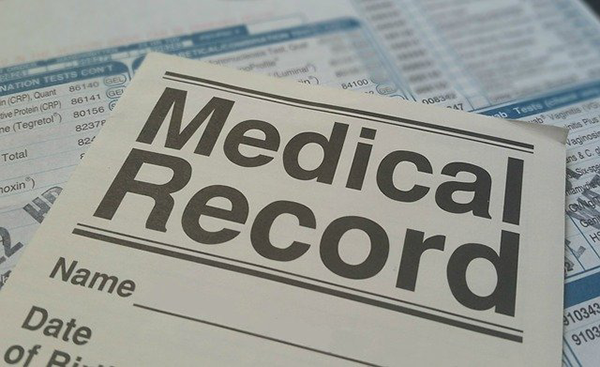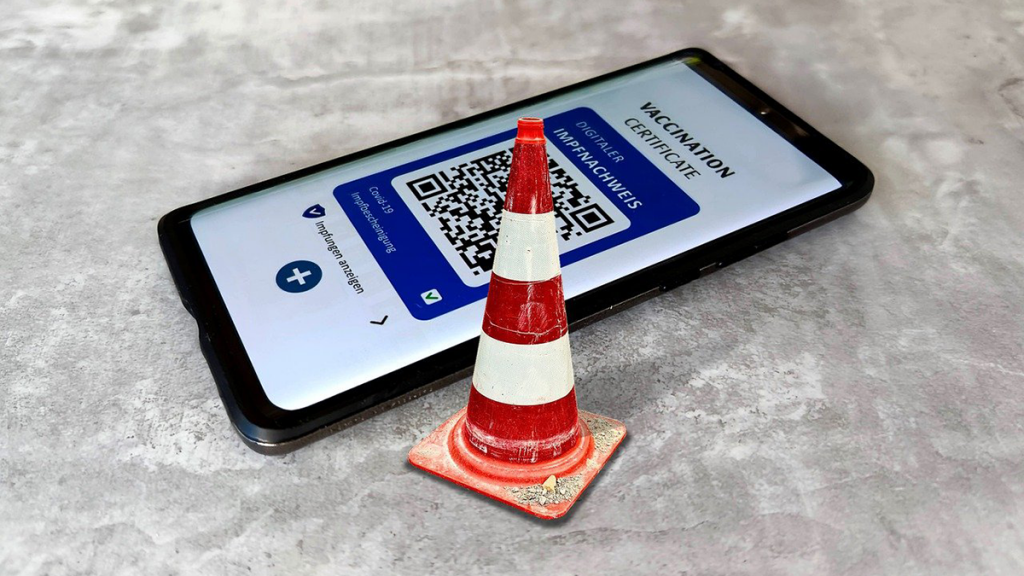New York City mayor Bill de Blasio announced a first-in-the-nation proof of vaccination measure. All workers and customers at indoor dining, fitness, and entertainment venues must present proof of vaccination. De Blasio says the policy will be rolled out this week, with the next month for education and feedback before enforcement begins the week of September 13..
In the New York Post, Nolan Hicks and Sam Raskin detail the program and speak to proponents and detractors.
How Does It Work?
Everyone who gets vaccinated receives a paper pass. New York State has the Excelsior Pass and Excelsior Pass Plus, as well. These mobile passes allow users to upload Covid test results and vaccination information to a mobile wallet app.
Per the Excelsior Pass website, the pass uploads proof of vaccination 15 days after the final shot in one’s vaccine series and stores it for a year. It also holds PCR test results for three days and rapid antigen test results for six hours. To use the pass, users scan the QR code on the app (or printed pass) and present a photo ID.
What are the Concerns?
The New York Times’ Erin Woo and Kellen Browning talked to privacy researchers and civil liberties experts about the program. Some fear that it could leave health data vulnerable to a breach or enable intrusive location tracking.
Woo and Browning’s reporting outlines how some passes already in use verify a user’s vaccination status or test result without uploading that information to the cloud. For instance, they interviewed the founder of a pass used by airlines who says the airlines can only see whether the passenger is cleared for travel.
However, the Excelsior Pass Plus does access more specific data, such as vaccine type and date of vaccination.
The pass’ website says, “Your Pass contains cryptographic signatures that ensure that it is genuine and that no data tampering has occurred.”
“Using the information you provide, Excelsior Pass searches the Department of Health’s records for your COVID-19 vaccination or COVID-19 negative test results and then provides you a Pass showing your name, date of birth, Pass type, and Pass expiration. No other information is accessed or stored,” it adds.

Per USA Today’s Karen Weintraub and Elizabeth Weise, the program uses IBM’s blockchain technology to secure users’ data.
Albert Fox Cahn, who runs the Surveillance Technology Oversight Project, a nonprofit privacy advocacy group, spoke to Fox 5’s Mac King about the effectiveness and risks of digital vaccine passes.
With the user’s permission, Cahn hacked an Excelsior Pass in 11 minutes. He also uploaded a picture of Mickey Mouse in place of a vaccine card to a separate New York City app, and the app accepted it. Cahn views the separate city and state apps as dysfunctional and the paper card as the simpler option.
Could FDA Approval Affect these Mandates?
In our last newsletter, we discussed vaccine mandates. There, we saw that many entities were waiting on full FDA approval to move ahead with mandates. Axios’ Caitlin Owens says that posture could be among the “hints” that more restrictions are coming with full approval.
Per the New York Times’ Sharon LaFraniere and Noah Weiland, the FDA has set Labor Day as an “unofficial deadline” for approval. According to the Associated Press’ Aamer Madhani, Dr. Anthony Fauci said, “I hope – I don’t predict – I hope that [approval] will be within the next few weeks.”
For now, though, New York City remains the only place requiring proof of vaccination in this way.
Are More Mandates Coming Elsewhere?
San Francisco also unveiled an indoor proof of vaccination requirement. The San Francisco Chronicle’s Aidin Vaziri and Trisha Thadani outline the mandate, which applies to venues like sit-down restaurants and fitness centers. They also report that no other Bay Area counties say they are considering a similar rule at this time.
Speaking with MSNBC, Los Angeles city council president Nuri Martinez announced L.A. would consider a mandate similar to New York’s.
Becker’s Hospital Review is tracking all 50 U.S. states’ stance on so-called vaccine passports. As of July 1, five states have laws banning proof of vaccination. Additionally, seven more have executive orders prohibiting the practice. Some governors have voiced opposition without enacting bans, however.
In an Ipsos 28-nation survey from April 2021, requiring proof of vaccination for entry into a country garnered widespread support. Requiring vaccine passes for daily activities like shopping drew more mixed reviews, though.
New York’s mandate could provide a test case for how effective and secure such policies are. While New York’s local politics may render a vaccine requirement there more plausible, sports and entertainment industry leaders should certainly keep an eye on how these policies affect their events.
Thank you for reading this free IIFX content. We are working to help our members create a Fancentric™ fan experience – a 360º journey that begins in the homes of spectators, staff, and talent. You can join us on that journey by subscribing. Also be sure to sign up for our biweekly newsletter, the IIFXtra, to get a mix of exclusive and unlocked content as soon as we publish it.
[mailmunch-form id=”1036259″]

